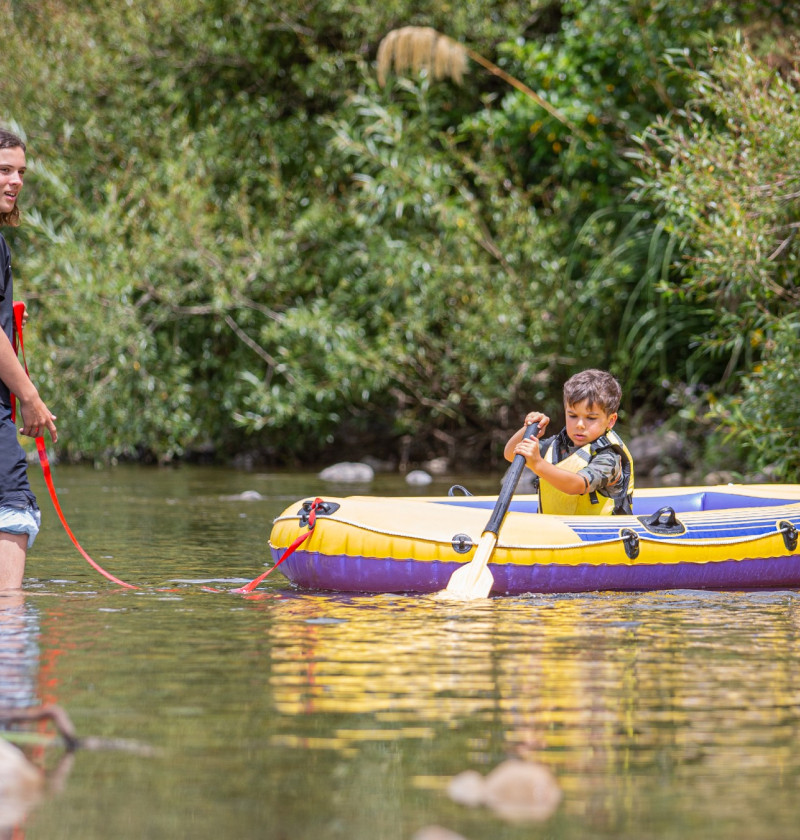Structure and content of this report

Our freshwater 2020 is the latest in a series of environmental reports produced by the Ministry for the Environment and Stats NZ.
It provides more indepth information about how the issues highlighted in Environment Aotearoa 2019 (our most recent report on the state of the environment as a whole) relate to freshwater, and presents new data and insights (see table 1).
Freshwater is a whole interconnected system but for clarity, this report explores the most significant pressures on the freshwater environment through four priority issues. Each issue explores the critical components and variables in our water catchments and how they relate to what we have, what we are at risk of losing, and where we can make change.
Our freshwater 2020 explores:
The report begins with an introduction Stepping into freshwater, which talks about what freshwater means to us and how individual issues can interact and have cumulative effects. A summary is provided at the start of each of the four issues. Later, Towards a better understanding of our environment discusses the most significant knowledge gaps and how they could be addressed. This knowledge would improve our ability to respond to the issues identified here.
| Environment Aotearoa 2019 identified nine priority environmental issues across five themes. | Our freshwater 2020 covers four priority environmental issues for freshwater. | ||
| Theme | Issue | Issue | New data and insights since Environment Aotearoa 2019 |
|---|---|---|---|
| 1. Our ecosystems and biodiversity | 1. Our native plants, animals, and ecosystems are under threat | 1. Our native freshwater species and ecosystems are under threat |
|
| 2. How we use our lands | 2. Changes to the vegetation on our land are degrading the soil and water | 2. Water is polluted in urban, farming, and forestry areas |
|
| 3. Urban growth is reducing versatile land and native biodiversity | |||
| 3. Pollution from our activities | 4. Our waterways are polluted in farming areas | ||
| 5. Our environment is polluted in urban areas | |||
| 4. How we use our freshwater and marine resources | 6. Taking water changes flows which affects our ecosystems | 3. Changing water flows affect our freshwater |
|
| 7. The way we fish is affecting the health of our ocean environment | |||
| 5. Our changing climate | 8. New Zealand has high greenhouse gas emissions per person | 4. Climate change is affecting freshwater in Aotearoa New Zealand |
|
| 9. Climate change is already affecting Aotearoa New Zealand | |||

Structure and content of this report
April 2020
© Ministry for the Environment